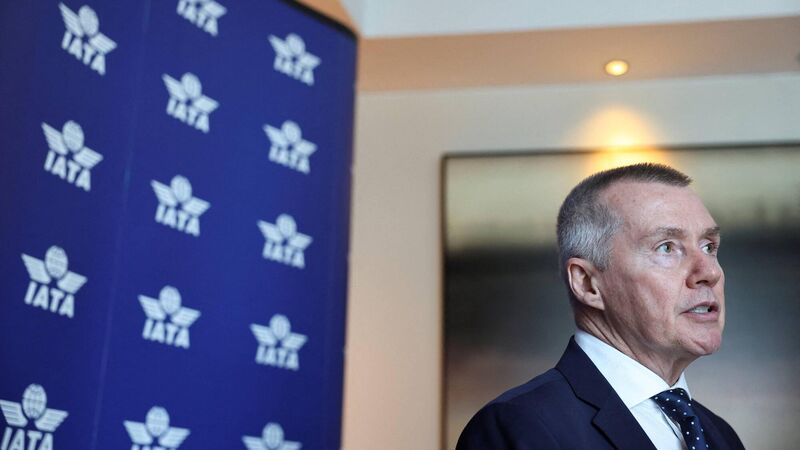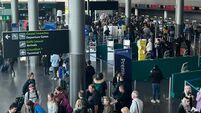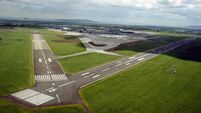Air fares to rise despite soaring profits

In its economic outlook, the organisation said passenger yields - or the average amount paid by a passenger to fly one mile - are expected to increase by 3.2% this year. Picture: REUTERS/Amr Alfiky
Air passengers are facing a hike in the cost of their flights, the aviation industry has warned, even as it forecasts trillion-dollar revenue for 2024 on the back of record passenger numbers.
Elevated fuel costs, increased environmental requirements and the continued shortage of new aircraft are being blamed for further increases in fares to come this year.
CLIMATE & SUSTAINABILITY HUB














